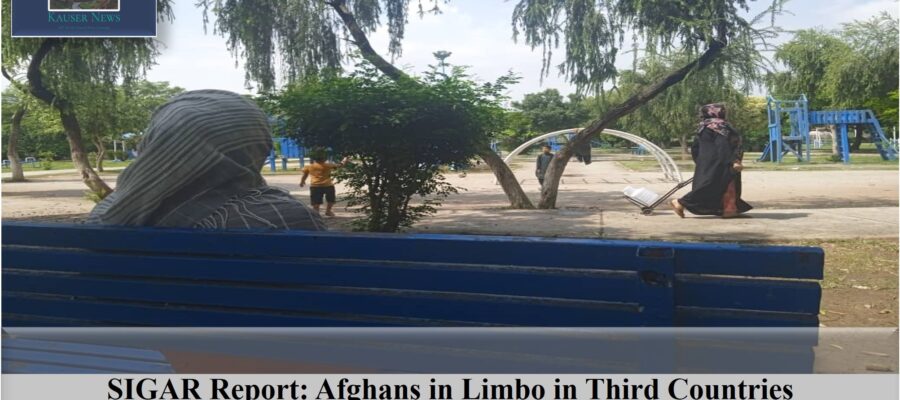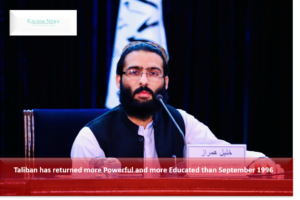In Pakistan, 8,600 Afghan P1 and P2 visa holders are living in desperate circumstances. They do not have work authorization and are struggling to access medical care or send their children to school. The UN High Commissioner for Refugees (UNHCR) has been unable to provide adequate protection to these Afghans, and the Pakistani government has been interfering in UNHCR’s work.
“Significant numbers of Afghans with pending SIV and P1/2 applications also languish at two “lily pads,” one in an Abu Dhabi immigration detention facility called Emirates Humanitarian City (EHC), and another outside Tirana, Albania. While Afghans living in Albania are free to move about the country, the residents of EHC may not leave the premises.”

In the United Arab Emirates, 2,000 Afghans are living in an immigration detention facility called Emirates Humanitarian City (EHC). They are not allowed to leave the premises, and they have limited access to essential services.
In Albania, 1,000 Afghans are living in a camp outside Tirana. They are free to move about the country, but they are struggling to find jobs and integrate into Albanian society.
The SIGAR report calls on the United States to do more to help Afghans who have fled to third countries. The report recommends that the United States provide these Afghans with work authorization, access to essential services, and assistance in finding permanent resettlement.
The report also recommends that the United States work with the Pakistani government to ensure that Afghans in Pakistan have access to protection and assistance.





